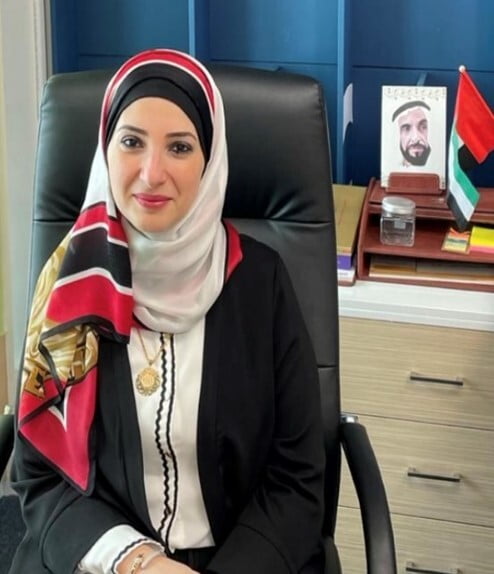
The Roadmap for Preparing Students for the MAP Exam
Assessments are considered as a significant component in the process of improving education all over the world. Formative assessment helps teachers to enhance students’ learning skills and develop their academic progress. Nowadays, for educational accountability, countries, schools and teachers are evaluated based on students’ progress results in various types of assessments. Benchmark tests, specifically the Measure of Academic Progress (MAP), is one of the external benchmark assessments in which students are not performing well according to the required targets of the UAE National Agenda 2021. Therefore, I have designed a roadmap that can help all teachers who are responsible for preparing students for the MAP exams and improving their learning skills in general which has been proven in my study titled (Educational Leaders’ Perceptions of the Implementation of Formative Assessment Strategies on Enhancing Students’ Results in the MAP Exams in American Private Schools in the United Arab Emirates).
Educators’ role
School’s role
- Ensure teachers’ competence in delivering the suitable and motivational ways of teaching that can improve the required skills of students.
- School support. Schools must provide teachers with professional development sessions, a reasonable teaching load, an appropriate learning environment, a moderate number of students in each class, and a range of resources in order to achieve the required results.
- Sufficient time.


